Where I Fall, Where She Rises follows two women on opposite ends of a terrorist kidnapping. While one suffers at the hands of her captors, the other exploits the event to secure her financial future and that of her unborn child.
Canadian journalist Lea recalls her time in the dangerous red zone of Baghdad, after the 2003 U.S. invasion of Iraq. A self-destructive addict, she avoids the protected green zone, where most mainstream news journalists stay. Seeking a story to re-establish himself as a top journalist, Paul Shell agrees to meet Lea in the red zone. There they are kidnapped by a terrorist sect and tortured.
Paul’s wife Carol lives in New York. Eight months pregnant, she is approached by her husband’s agent who wishes to represent her “victimhood,” which he sees as a very marketable asset. While Lea and Paul are held and tortured in a basement dungeon, Carol makes public appearances to further her star. The novel evolves into an emotional satire, which depicts two strong women who attack the consequences of war on two different fronts.
“A gripping exploration of two remarkable women navigating two very different sides of a nightmare scenario. Brimming with psychological intrigue and deeply ambiguous moral choices, this is the work of an author with a keen sense of what it is to have our very humanity put to the test.”
—Bruce Geddes, author of The Higher the Monkey Climbs
“A difficult journey exploring both the struggle of survival and what it means to be alive.”—Brad Kelln, author of the Blake Waiter Mystery Series
“Dean Serravalle has painted a crystalline image of the conflicted human condition. Here every truth is spoken, though some louder than the rest.”
—Susan Lloy, author of Vita

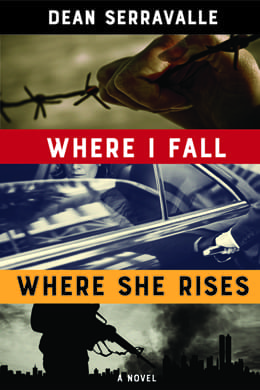
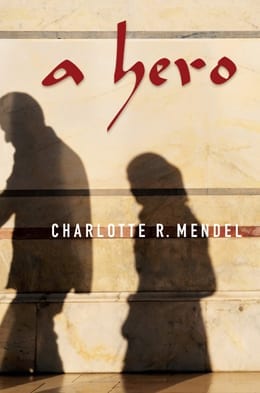
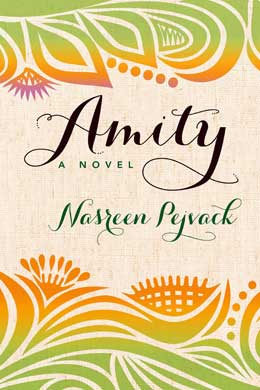
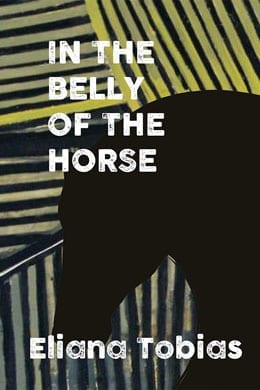
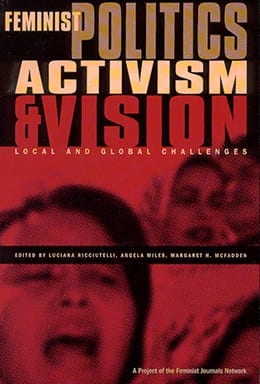
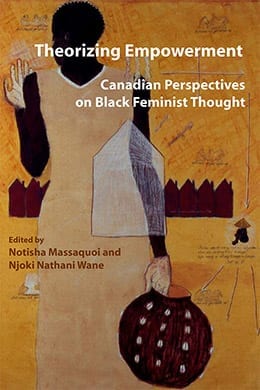
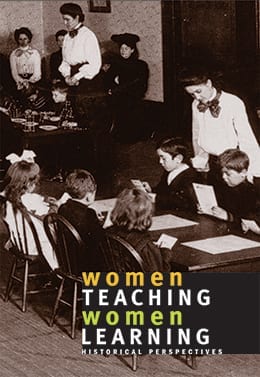
Renée Knapp –
Where I Fall, Where She Rises by Dean Serravalle
The Minerva Reader – August 17, 2019
https://www.theminervareader.com/library-2019
At first, I didn’t understand the title but then it was perfect. An enthralling story about two women on opposite ends of the social spectrum, yet bound by a single incident. What a brilliant (and yes, at times brutal but necessarily so) depiction of our troubled, complicated and conflicted world.
Also fascinating is the depiction of the lies we’ll tell ourselves and others, simply to achieve fame – and the depths to which we will sink – and the speed with which we will sink – in order to stay on the top rung of the Karshadian ladder of influencer fame and fortune. Selling our souls for celebrity status is the new evil: the desire to be the trending Google search is the apple in our Garden of Eden. Which, if you consider, is truly ironic, since Apple and Steve Jobs were indeed the poisoned fruit of our times. And yes, while so many levels of learning and communication have been opened up by their presence, the price for those gains has been steep.
There is the price of fanatics pretending to eschew the allure of the new fame and insist that they are the antithesis of it, but they eagerly buy into it by kidnapping and torturing fellow humans on live feed all while insisting they are ‘torture artists’ not terrorists and that their cause is pure. No longer is Andy Warhol’s ridiculously short-lived fifteen minutes of fame the prize, we are brainwashed into craving the enduring glory of the internet, even if it is all a lie, smoke and mirrors.
The book is unflinching in its examination of the tortures endured by ancient saints, and indeed, by the marriage of Heaven and Hell (and the Blake poem in this regard). This book is also fascinating in the examining the relationship between pain and saintliness, pain and Godliness.
“Where there has been no story, you have told one. Where there has been nothing, you have created life. Death is the destruction of the story. Life is the creation of one. Conscience is the remembering. Guilt is the regret of destruction. Redemption is the rewriting. Suffering inspires it. Suffering is the quill.”
And:
“If we managed to tell our story, it might destroy the marriage. I had always believed in the contraries. Hell needed a Heaven to corrupt, and Heaven needed an enemy to destroy. Could one story do anything but state what everybody already knew? The two needed each other to exist. Without the marriage, there would be no stories worth remembering. There would be nothing to create.”
And:
“I have always loved the scent of roses. I don’t know why. It’s like it comes from the thorns instead of the flower.”